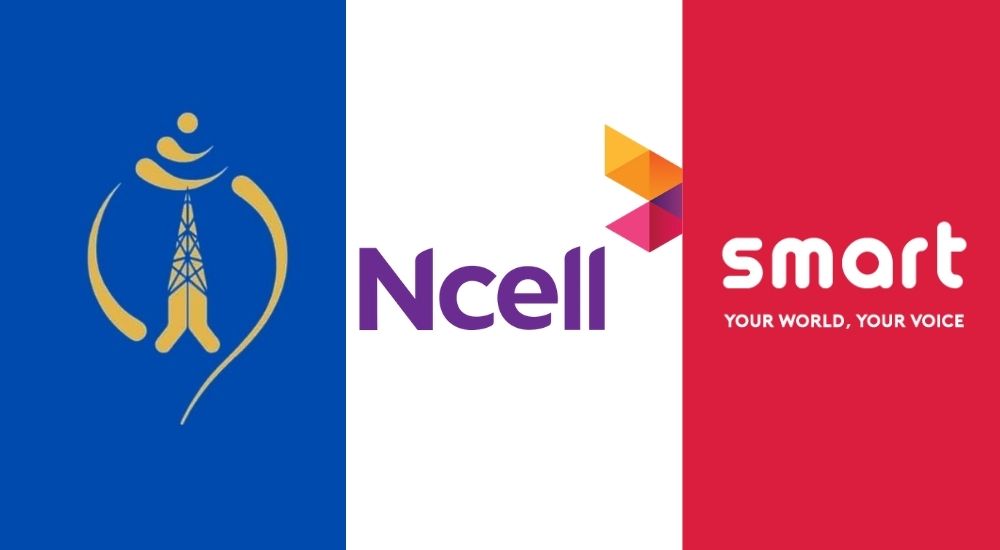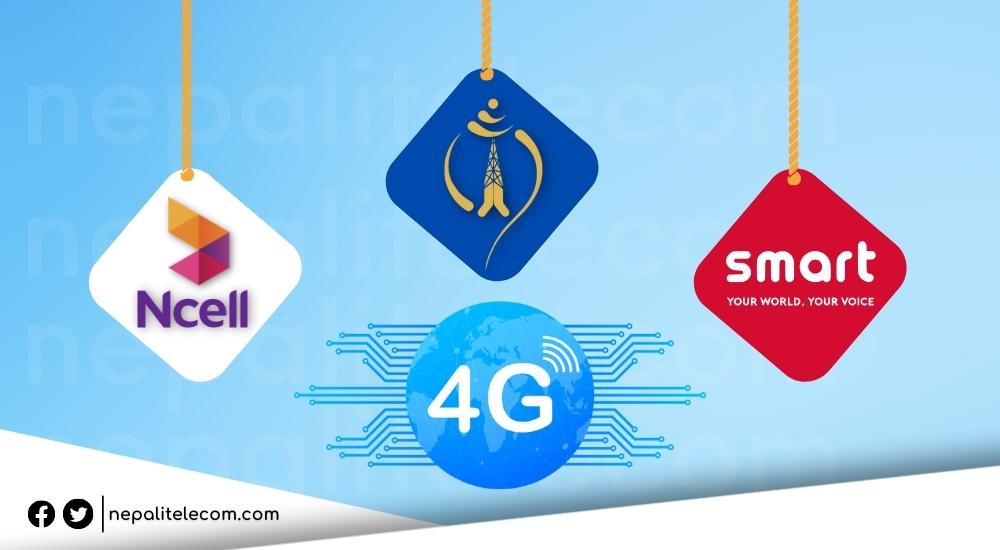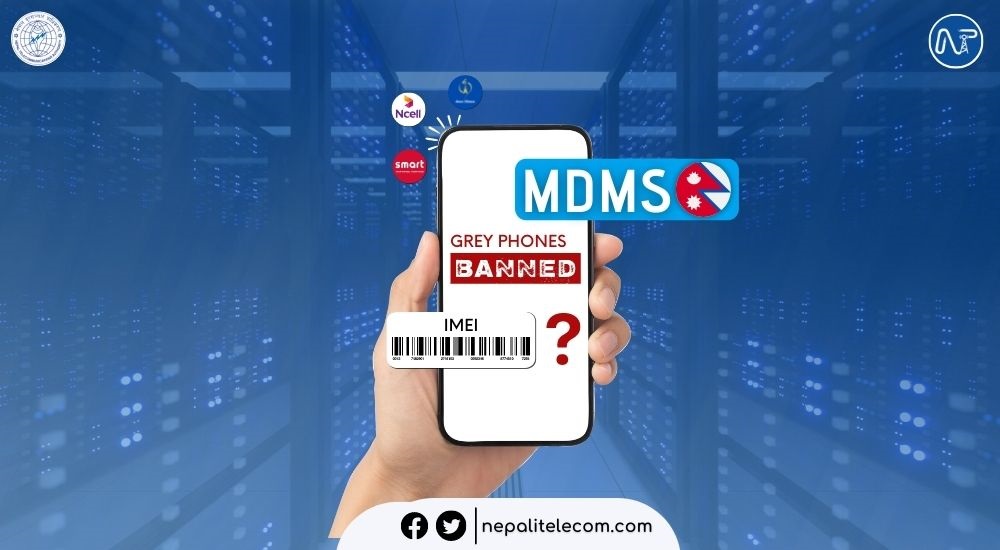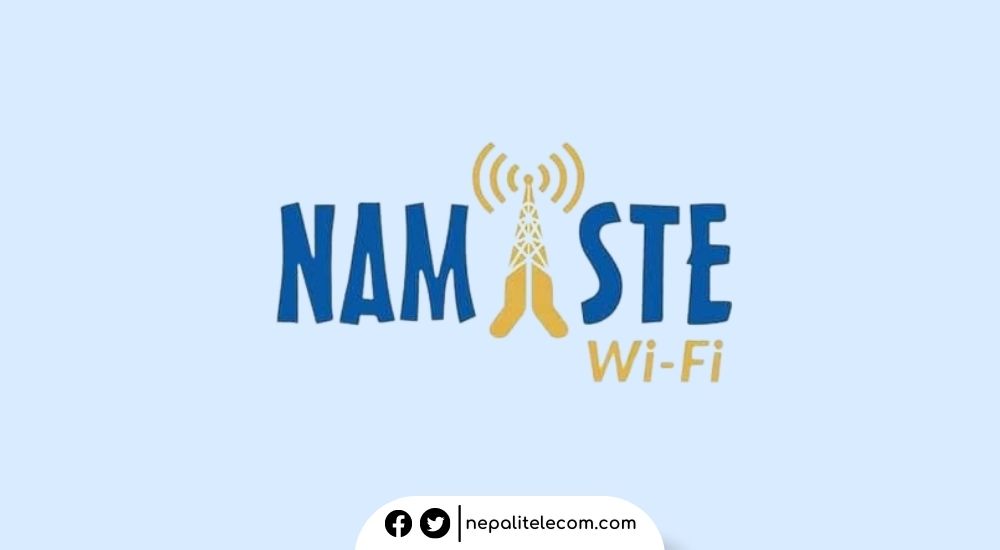Telecom companies have demanded that the TSC and ownership taxes be waived by the federal government after the upcoming FY 079/80 budget. In options, they want the government to at least lowering the tariffs under several headings that have made internet service expensive for all in Nepal.
The government imposed 13 percent TSC (Telecommunications Service Charge) from the last fiscal year 077/78. But before it, such tax wasn’t enforced on data and the internet. Meanwhile, only mobile and telephony services had to pay 11 percent tax under this heading.
Nepal remains one of the most expensive countries to pay for internet in Asia. The nature of piling up taxes by the government hasn’t helped service providers and the end consumers.
Likewise, customers have always alarmed the companies to provide cheaper internet and telecom services. But this looks increasingly difficult as they pin the blame for high costs on taxes.
But with the budget approaching for the upcoming fiscal year 079/80, telecom service providers want the government to rescind these charges. They have demanded the government either scrap the TSC and ownership taxes or lower them, Ntc spokesman Shobhan Adhikari says.
“The then government increased TSC liabilities on telecom companies but we didn’t route it to the customers’ bill. We actually bore it ourselves. This has affected telecom companies’ revenues and profits. If the government makes a revision on these taxes, it will serve us great relief,” he adds.
He remarks that companies are bearing more losses due to the heavy taxes by the government. If the companies were to profit, they would be able to harbor newer technologies and improve on the existing infrastructures.
Also read: US Offers Broadband Subsidy: A Lesson to learn for Nepal Government
Telecom companies want subsidies from the government
Adhikari also believes the government should offer subsidies and grants. Expanding services across rural areas returns less to no profit gains. However, the government can offer us subsidies to even the financial balance. Also, the ‘help’ could reduce the digital divide in Nepal.
While telecom companies have adopted some newer technologies, they are not likely to bring instant revenues. The OTTs have proved unfriendly to telecom companies’ economies. VoLTE is no guarantee of higher profits as well.
5G is the latest mobile communications standard. Ntc is likely to launch the 5G service trial this year but it won’t result in commercial rollout soon and also give outright profit. It will instead require the company to spend millions on hardware procurement and build the ecosystem around it.
The government has imposed 13 percent VAT, another 13 percent TSC, ownership tax, and other charges. In addition, telecom providers need to pay 30 percent in income tax to the government. Service providers have also voiced their disapproval of imposing taxes on them similar to those on capital market and tobacco products.
Don’t miss: Cost per GB Data Ranking 2021: Where Nepal Sits?
Ncell and Nta on reducing financial liabilities on companies
Besides, Ncell has voiced similar arguments. In March, Ncell’s Chief Legal, and Corporate Service Officer Ramesh Ghimire remarked that telecom companies are paying 50 percent of their income in tax under several labels. He demanded that the government lower the total tax to as low as 20 percent to soothe the financial burden of telecom companies.
Telecom regulator NTA meanwhile, says restricting companies from buying bandwidth on a small scale could help reduce service costs to the consumers. The authority has also planned to establish Nepal’s link to international subsea fiber cables which could help reduce service costs for Nepali companies.
Do you agree with telecom providers’ wish that TSC and other taxes should be waived to lower their financial liabilities for better service to the consumers? Or subsidies would do it? Do share your inputs in the comments below.












